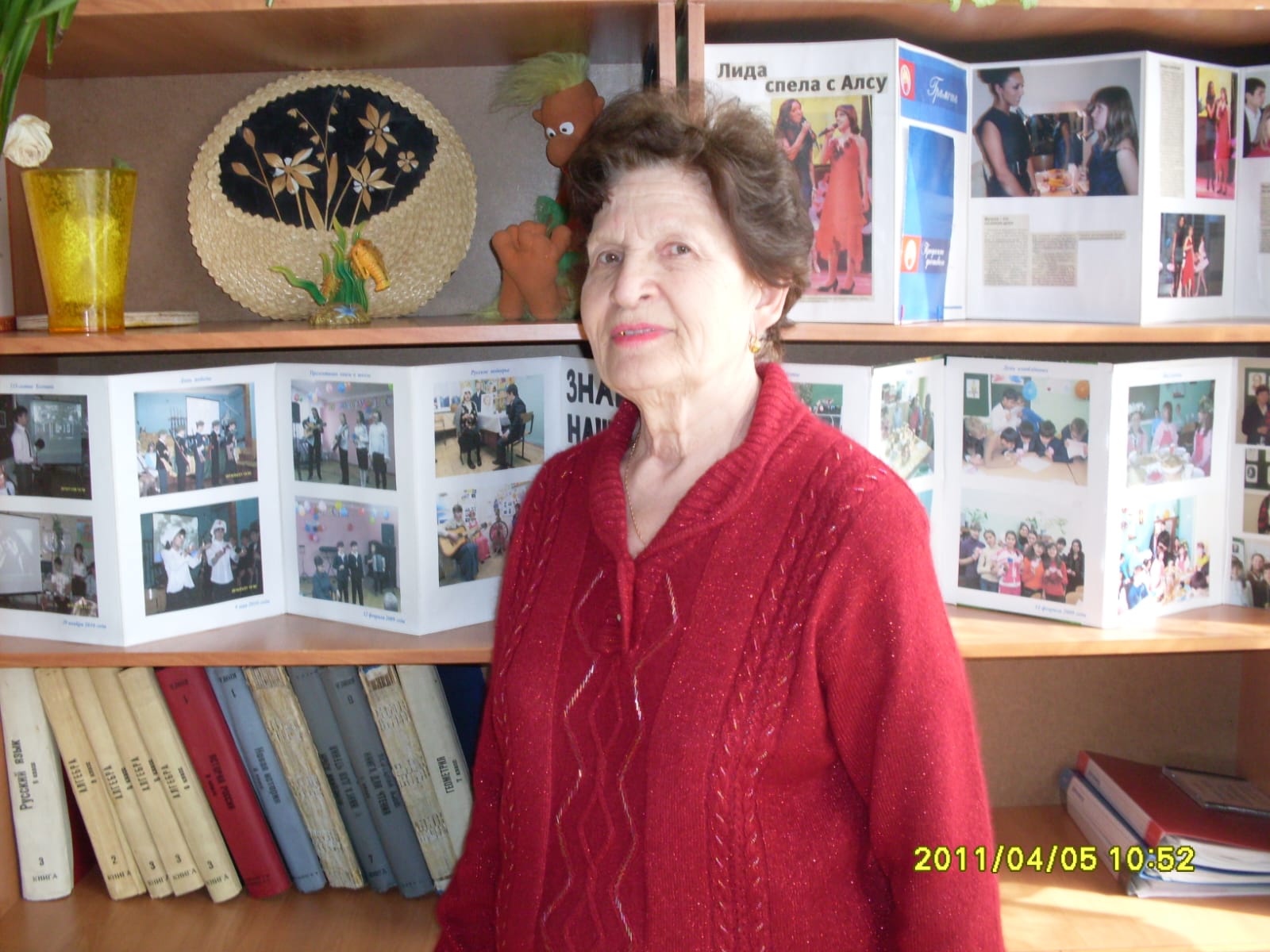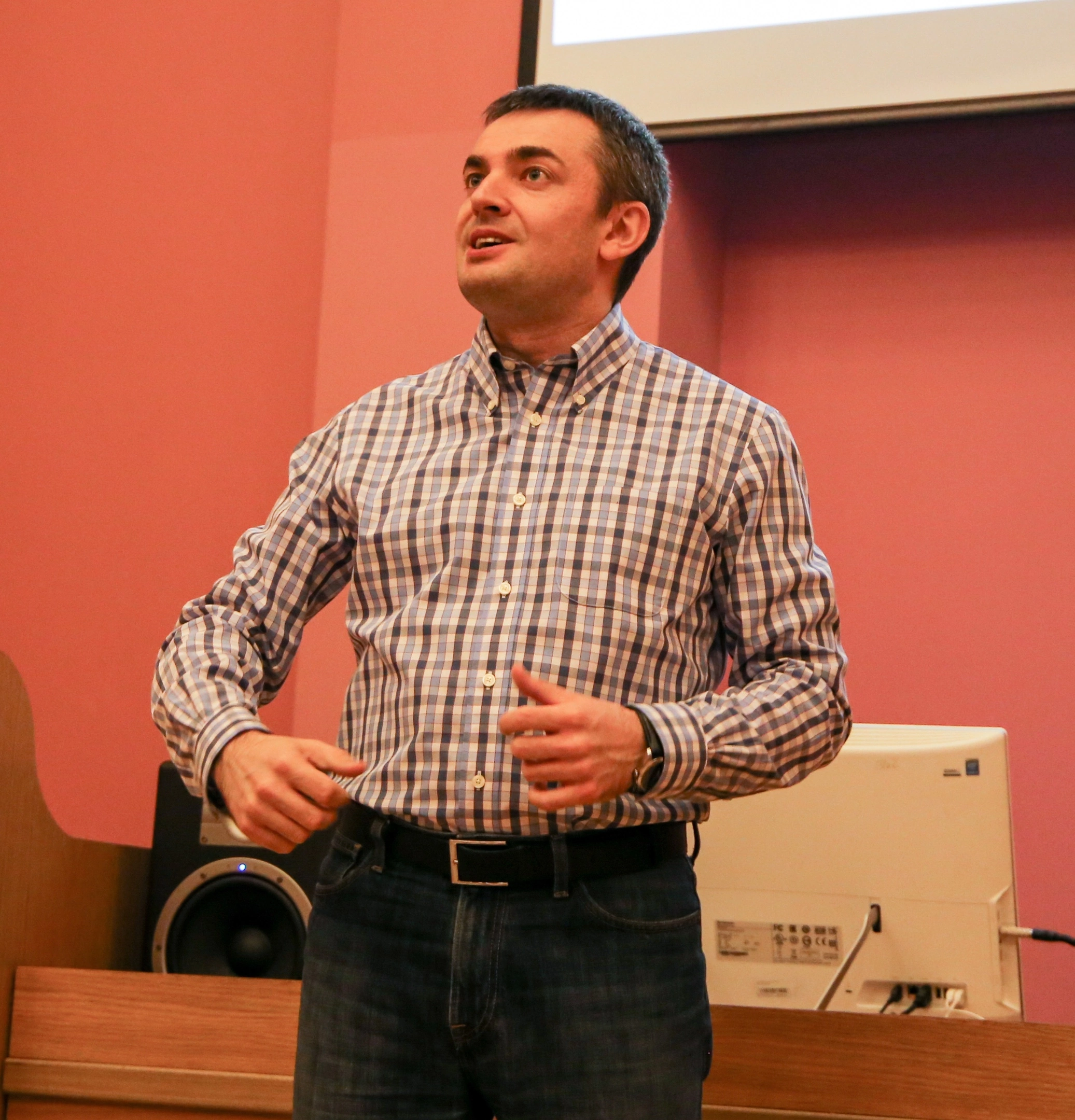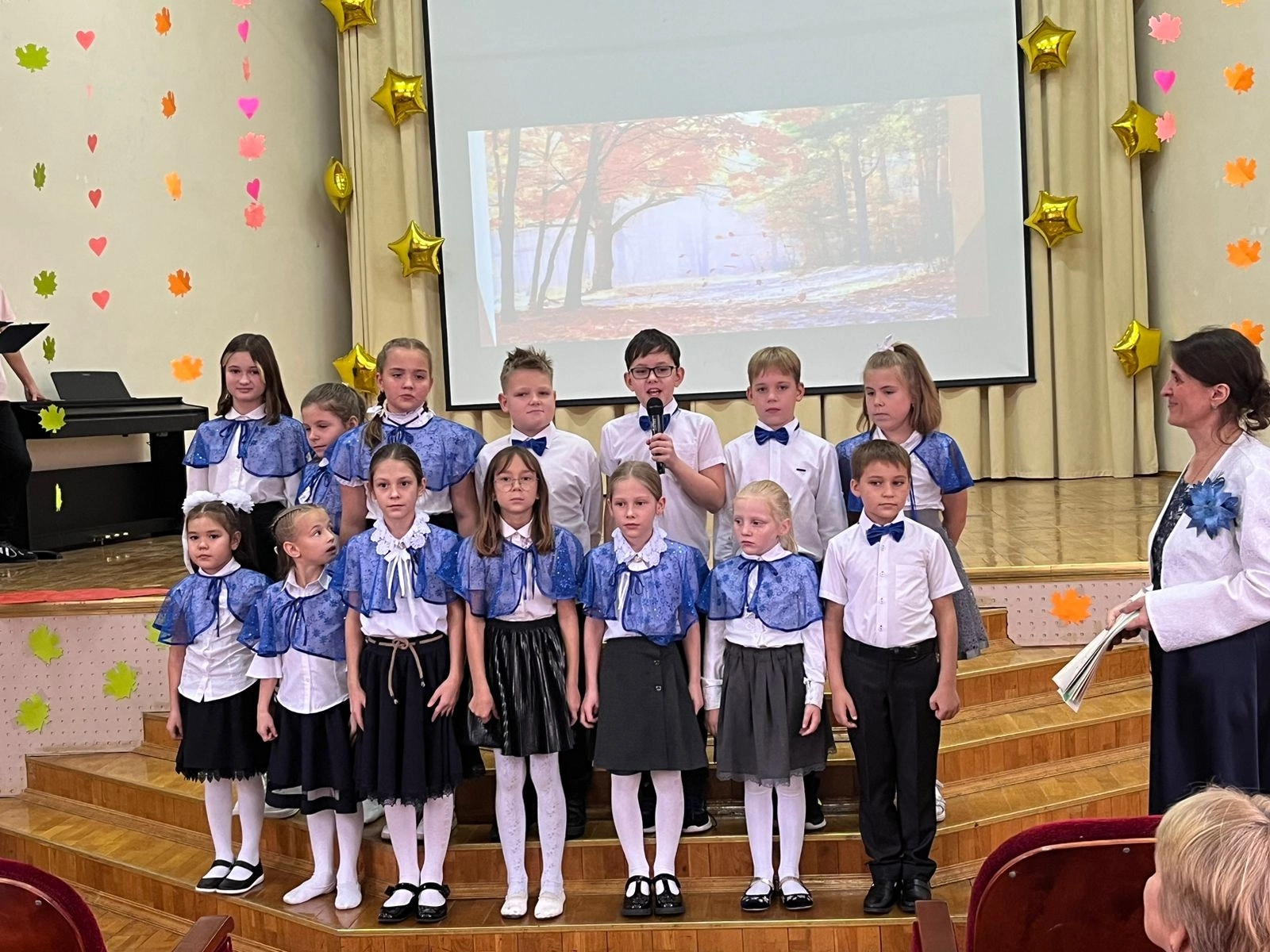lyudmila myasnikova's story
In honor of the Year of the Teacher and Mentor, Saratov University begins a series of publications about the dynasties of teachers and lecturers. From generation to generation, they pass on their love for science, children and youth. The hero of this material was L.V. Myasnikova, associate professor of the Department of Correctional Pedagogy at the Faculty of Public Health Education: her mother, sister and son also connected their lives with teaching.


WORK OF AN OLYMPIAD NATURE
Lyudmila Vladimirovna Myasnikova is an associate professor of the Department of Correctional Pedagogy and a teacher-defectologist of the highest qualification category. Lyudmila Vladimirovna has been working at the Saratov boarding school for blind and visually impaired children for 38 years. The teacher is interested in early correctional care for visually impaired children and their families.
In 1985, L.V. Myasnikova graduated with honors from the Romano-German Department of the Faculty of Philology of the SSU. "After graduating from the faculty," Lyudmila Vladimirovna recalls, "I was assigned as an extension teacher to one of the schools in Saratov. At that time, I had a small child, and it is clear that this job was not very satisfactory. My mother worked at a school for blind children at that time, and there was just a place for a primary school teacher. We decided that I would go to a school for the blind for one year, and then I would look for a job as an English teacher. It so happened that I came for a year and stayed for 38 years."
Lyudmila Vladimirovna worked as a primary school teacher at a school for the blind for 20 years: she taught children to read and write in Braille. In 1993, the teacher graduated with honors from the Defectology Faculty of the A.I. Herzen Russian State Pedagogical University with a degree in Typhlopedagogy. According to Lyudmila Vladimirovna, communication with teachers A.G. Litvak, V.A. Feoktistova and L.M. Shipitsyna gave her a lot.
"I understood that I would stay working at a school for the blind, but I lacked special knowledge in typhlopedagogy – how to interact with children with severe visual impairments. Therefore, I graduated from RSPU in absentia, and I have already continued my career as a primary school teacher with knowledge of the matter."
In 2001, Lyudmila Vladimirovna was invited to the Saratov Pedagogical Institute, where it was planned to open the direction of typhlopedagogy. L.V. Myasnikova completed internships three times in San Francisco on modern methods of teaching and educating children with developmental disabilities, trying to promote new practices in Saratov. In 2005, Lyudmila Vladimirovna completed postgraduate studies in absentia at the Institute of Correctional Pedagogy of the Russian Academy of Education and became a candidate of pedagogical Sciences, defending her dissertation "The development of touch in younger schoolchildren with visual impairments in the learning process." L.V. Myasnikova's scientific work was based on the development of a program for the development of touch and fine motor skills. In the same year, Lyudmila Vladimirovna became a teacher-defectologist of the preschool department at a school for the blind.
In 2004, the school staff created a public organization, the Center for Rehabilitation and Assistance to Children with Visual Impairment, which dealt with early care for blind children under the age of three. Teachers conducted seminars for parents, gave legal, psychological and pedagogical consultations, organized holidays for children, prepared them for school. "It was a very good time, we helped a lot of families. The children who have passed through us are now successfully studying at a school for the blind," says Lyudmila Vladimirovna. The organization closed in 2018 when teachers stopped receiving information from ophthalmologists about families with blind children.
"From zero to three years old is an age that is often not covered by speech pathologists, although this is the most important period for the development of any child, and especially a child with special needs. We didn't have a database of blind children, so we had to close down. Unfortunately, it is only possible to convince a parent of the need for early help for a child by phone. Now, when suddenly there are children, I go to the house and consult the family for free. I think this is the most effective way to work with children at an early age. When families are helped psychologically and methodically at an early stage, the child is already quite successful at school."
Lyudmila Vladimirovna has developed and applies a methodology for the early development of visually impaired children at home – where the child is in a comfortable environment. This is a very important job: if you do not deal with small blind and visually impaired children, then in the future they accumulate secondary deviations that interfere with life. "Now the problem is that the children have gone very hard," Lyudmila Vladimirovna shares. – If before there were just blind children, now they are mostly children with severe multiple developmental disorders. Now it is not always possible to work according to the plan, you have to change it on the go, be very flexible in order to get the most out of the lesson."
"Students are terribly eager to work with blind children right away. Many blind people are often an example for students: an example of striving for an interesting life, an example of strong personalities. When blind people are called people with disabilities, I am always amazed, because then it turns out that our possibilities are limitless. Besides, the blind people I know are hardly people with disabilities. I often read to students a poem by the blind poetess Rosa Zakharovna Akhtyamova:
Do good, man,
And it will come back to you!
Do good, and your age
Someone's gratitude will last!
Do good,
People's lives without him
It will stop on Earth forever!"
Since the classes at the school for the blind are small, only 6-8 people, this allows the teacher to pay attention to each student in the lesson. "We had one visually impaired boy who enrolled in SSU as a psychologist, and our professor Vladimir Petrovich Kryuchkov said: "He read Dead Souls! Imagine, he can analyze the characters!”. Of course, it can, if he was asked every lesson at a school for the blind," says L.V. Myasnikova.
scientific approach
Lyudmila Vladimirovna is actively engaged in scientific and practical activities. L.V. Myasnikova is a member of the International Council for the Education of the Blind, chairman of the commission of typhoid translators of the Saratov region, member of the expert group on certification of teachers-defectologists of the region, member of the jury of the regional stage of the All–Russian competition "Teacher-defectologist of Russia", honorary worker of general education of Russia. Lyudmila Vladimirovna constantly improves her professional level by participating in international conferences and getting acquainted with new techniques.
In her work as a defectologist, Lyudmila Vladimirovna is helped by relying on the strengths of the child, the desire to achieve results, perseverance and the desire to learn as much as possible new things. "I am a practitioner: I love working with children, I love working with parents, I love working with students," says Lyudmila Vladimirovna.
"I am glad that I became a speech pathologist. This is not an ordinary profession. I graduated from school No. 13, where we were taught to solve problems of increased complexity, of an Olympiad nature. Using the same theorems, the laws of mathematics, it was necessary to find a solution. When telling students about the profession of a speech pathologist, I say the same thing: we use general laws of development, but since each child with special needs is not like another, we always have to look for our own ways, show mental flexibility, find new techniques and read a lot. It turns out that each such child is an Olympiad task, so a defectologist is a very interesting profession!"
closest mentor

At the beginning of her professional career, in 1985, it was not easy for Lyudmila Vladimirovna to immerse herself in typhlopedagogy, but she quickly got involved, having learned Braille in a week. Back then, at the school for the blind, a mentor was attached to each young specialist. Lyudmila Vladimirovna's mentor was her mother.
"Of course, my mother taught me a lot in terms of working with children, including the blind. Probably, pedagogy is a family thing. You know, like Rozhdestvensky: “You will have to be born a teacher and only after that you will have to become one.” Apparently, we were born teachers, and only then did we become teachers."
Lyudmila Vladimirovna's family has three more teachers. My mother, Lyudmila Alexandrovna, worked for 20 years at boarding school No. 1 for orphans and children from disadvantaged families. Then Lyudmila Alexandrovna moved to a boarding school for blind children, where she worked for another 32 years as a teacher of Russian language and literature. L.A. Demidova is a teacher of the highest category and an excellent student of the USSR enlightenment.
Looking at my mother, Lyudmila Vladimirovna's sister, Elena Vladimirovna Stroganova, a music teacher of the highest qualification category, also came to pedagogy. Now she works as the head of the Surprise choir and a music teacher at Gymnasium No. 2 in Ramenskoye.
L.A. Myasnikova's son connected his life with higher school: Alexander Alekseevich, PhD in Economics, taught at Plekhanov Russian University of Economics, HSE. Currently, he holds the position of Deputy Dean of the Faculty of Economic Sciences for Additional Professional Education at the Higher School of Economics.


Prepared by Polina Gromova
Translated by Lyudmila Yefremova







